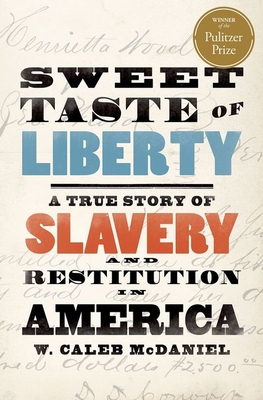Expedite your nonfiction book discovery process with Readara interviews, summaries and recommendations, Broaden your knowledge and gain insights from leading experts and scholars
In-depth, hour-long interviews with notable nonfiction authors, Gain new perspectives and ideas from the writer’s expertise and research, Valuable resource for readers and researchers
Optimize your book discovery process, Four-to eight-page summaries prepared by subject matter experts, Quickly review the book’s central messages and range of content
Books are handpicked covering a wide range of important categories and topics, Selected authors are subject experts, field professionals, or distinguished academics
Our editorial team includes books offering insights, unique views and researched-narratives in categories, Trade shows and book fairs, Book signings and in person author talks,Webinars and online events
Connect with editors and designers,Discover PR & marketing services providers, Source printers and related service providers

Sweet Taste of Liberty: A True Story of Slavery and Restitution in America
History > United States - Civil War Period (1850-1877)
- Oxford University Press, USA
- Paperback
- 9780197564288
- 8.3 X 5.5 X 0.9 inches
- 0.93 pounds
- History > United States - Civil War Period (1850-1877)
- (Single Author) Asian American
- English
Readara.com
Book Description
The unforgettable saga of one enslaved woman's fight for justice--and reparations
Born into slavery, Henrietta Wood was taken to Cincinnati and legally freed in 1848. In 1853, a Kentucky deputy sheriff named Zebulon Ward colluded with Wood's employer, abducted her, and sold her back into bondage. She remained enslaved throughout the Civil War, giving birth to a son in Mississippi and never forgetting who had put her in this position.
By 1869, Wood had obtained her freedom for a second time and returned to Cincinnati, where she sued Ward for damages in 1870. Astonishingly, after eight years of litigation, Wood won her case: in 1878, a Federal jury awarded her $2,500. The decision stuck on appeal. More important than the amount, though the largest ever awarded by an American court in restitution for slavery, was the fact that any money was awarded at all. By the time the case was decided, Ward had become a wealthy businessman and a pioneer of convict leasing in the South. Wood's son later became a prominent Chicago lawyer, and she went on to live until 1912.
McDaniel's book is an epic tale of a black woman who survived slavery twice and who achieved more than merely a moral victory over one of her oppressors. Above all, Sweet Taste of Liberty is a portrait of an extraordinary individual as well as a searing reminder of the lessons of her story, which establish beyond question the connections between slavery and the prison system that rose in its place.
Author Bio
I am Mary Gibbs Jones Professor of Humanities and current Chair of the History Department at Rice University. I also serve as the Co-Chair for Rice’s Task Force on Slavery, Segregation, and Racial Injustice.
My latest book, Sweet Taste of Liberty: A True Story of Slavery and Restitution in America, was published in 2019 by Oxford University Press. It was supported by a Public Scholar grant from the National Endowment for the Humanities and received the 2020 Pulitzer Prize in History and the Avery O. Craven Award from the Organization of American Historians.
My first book, The Problem of Democracy in the Age of Slavery, won the Merle Curti prize from the Organization of American Historians and the James Broussard Prize from the Society of Historians of the Early American Republic.
In addition to numerous academic articles about the history of slavery, antislavery, and emancipation in the nineteenth century, I have written essays that have appeared in the New York Times, Smithsonian, The Atlantic, and TIME.
I am also the creator or co-creator of several digital humanities projects, including @Every3Minutes and the Harvey Memories Project. I am a past member of the editorial team for The Programming Historian, and I created the Syllabus Maker to help professors generate dates for a course.
Research Interests
- Nineteenth-Century U.S.
- Slavery and Emancipation
- American Civil War Era
- Abolitionism
- Social, Cultural, and Intellectual History
- Transnational History
Education
Ph.D, History, Johns Hopkins University 2006.
M.A., Philosophy, Texas A&M University, 2001.
B.A., History, Texas A&M University, 2000.
Source: Rice University
Videos








Community reviews
No Community reviews

